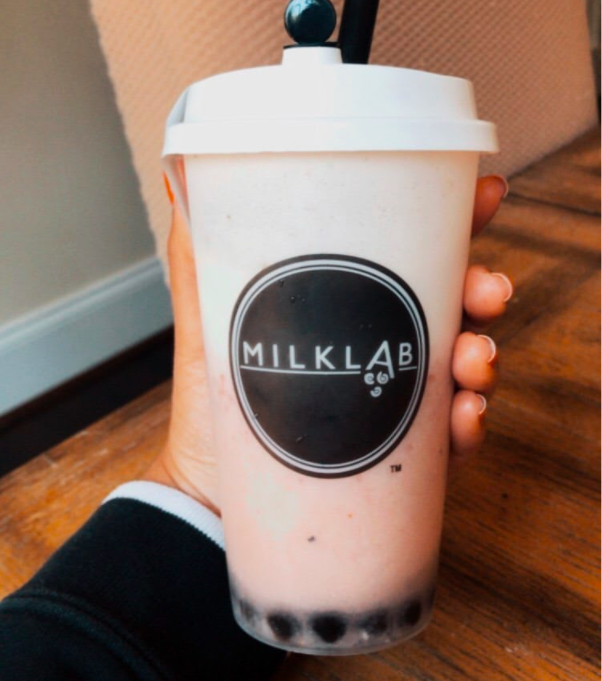Recently, boba tea– also known as bubble tea– has gained explosive popularity outside of its home of East Asia. The cold drink containing various teas or juices combined with chewy tapioca balls has made a name for itself as countless boba shops pop up around the nation.
So what prompted boba’s swift takeover of drink pit stops?
“I think it brings a new taste and visual aesthetic to people that they’ve never seen before,” said Jessica Lee, a student at Leesville Road High School who is ethnically Korean, via text message. “You even see people having Insta photoshoots at boba shops because of the decor.”
Boba’s unique texture and colorful flavored teas have made it a sweet-tasting experience, and shops play up its visual appeal to create a social media-worthy aesthetic that’s contributed to its widespread popularity.
In a poll conducted through Instagram of 292 Raleigh high school and college students, 199 (68%) reported they had tried bubble tea. Of those who had tried it, 71% claimed to like it.
Bubble tea has become so mainstream that it is even available at places like Caribou Coffee, which offers bubbles in its Raspberry Green Tea, Matcha Tea Cooler, or Coconut Mango Black Tea.
The spreading popularity of Asian culture has been a subject of mixed feelings among many Asian-Americans. “It’s funny because a couple friends made fun of me in elementary and middle school for bringing Asian food for lunch and I’ve always just shrugged it off, but now that something like this is this huge phenomenon, it feels bittersweet,” said Lee. “I’m glad it’s exposing people to Asian culture, but it’s definitely not the same reaction I and many other Asian kids faced growing up.”
Lee believes that the explosive popularity of boba tea is part of a larger trend of the admiration of Asian culture in mainstream trends among the youth, which has taken prevalence in social media and music. The drink, being relatively new and popping up recently across Raleigh, is generally recognizable as an Asian drink both by reputation and by the Asian writing on menus. “People want to try and love boba because they see friends and strangers posting all about it on social media. I see friends going to get boba every week when I don’t even go more than a couple times a year,” said Lee.
While this is an exciting effect of globalization and exposure to different cultures, Lee hopes Americans can increase acceptance of all Asians and Asian cultures and avoid cherry-picking based on social media trends. “Asian culture has become extremely popular over the past few years, especially kpop (Korean pop music) and fashion trends that even American designers take inspiration from. These foreign ideas are seen as intriguing because they’re new and unique compared to American pop culture, but it makes me wonder if people like them just for the trend and popularity instead of actually appreciating Asian culture.”

Hi! My name is Jannah and I am a senior editor and multimedia editor for The Mycenaean. I am also a math tutor, engineering intern, and a tennis player.

Leave a Reply